The Independent's journalism is supported by our readers. When you purchase through links on our site, we may earn commission. Why trust us?
Why you need niacinamide in your skincare routine, according to dermatologists
The expert-recommended products to snap up
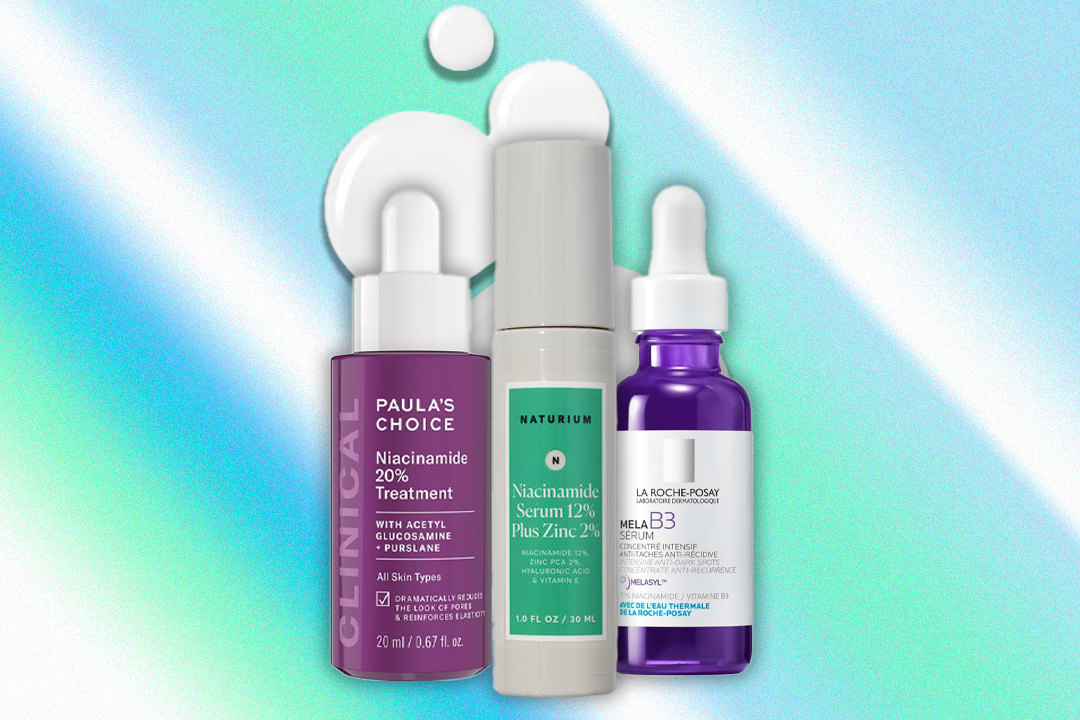
Your support helps us to tell the story
From reproductive rights to climate change to Big Tech, The Independent is on the ground when the story is developing. Whether it's investigating the financials of Elon Musk's pro-Trump PAC or producing our latest documentary, 'The A Word', which shines a light on the American women fighting for reproductive rights, we know how important it is to parse out the facts from the messaging.
At such a critical moment in US history, we need reporters on the ground. Your donation allows us to keep sending journalists to speak to both sides of the story.
The Independent is trusted by Americans across the entire political spectrum. And unlike many other quality news outlets, we choose not to lock Americans out of our reporting and analysis with paywalls. We believe quality journalism should be available to everyone, paid for by those who can afford it.
Your support makes all the difference.Niacinamide is an ingredient that appears in hundreds of products, from moisturisers and serums to SPFs and even body care. Despite being so commonly used, do you know what it is, how it works and why it’s so beneficial to skin?
To answer these questions, we’ve spoken to the skin experts; Dr Anjali Mahto, consultant dermatologist at Self London and Dr. Catriona Maybury, consultant dermatologist at St George’s Hospital and medical lead at Dermatica.
It has a seemingly endless list of uses for skin, ranging from brightening, reducing redness, balancing oil production and even decreasing the appearance of fine lines. Given the wealth of information out there on the ingredient, we were keen to cut through the noise with a dermatologist-led guide to niacinamide.
We’ve delved into everything from what skin types it’s safe for, to the IndyBest-approved products worth adding to your shopping basket, as well as the dermatologist’s top-rated product recommendations.
What is niacinamide?
“Niacinamide, also known as vitamin B3, is a skincare ingredient that’s known for its anti-inflammatory, antioxidant and skin barrier-strengthening properties,” says Dr Mahto.
“It has masses of clinical data behind it and has been shown repeatedly to help with effectively reducing redness, blotchiness and hyperpigmentation, making it ideal for treating acne, rosacea and uneven skin tone.”
It can also help regulate sebum production, which can minimise the appearance of enlarged pores and prevent breakouts. According to Dr Mahto, this is why it’s often found in serums, rather than wash-off products like cleansers.
What does niacinamide do?
Niacinamide has a laundry list of benefits and Dr Maybury explains it can address a multitude of skin concerns: “It helps smooth fine lines and wrinkles, reduces pigmentation and regulates oil production. It’s also an antioxidant and can even increase the production of ceramides, which is super helpful for the skin barrier, helping it to retain moisture and protect against external irritants.”
It doesn’t stop there either, the dermatologist reveals that it reduces inflammation too, making it beneficial for conditions like acne, rosacea, and eczema, and it can minimise the appearance of pores to smooth texture. “There’s a reason why most people love niacinamide and it’s so widely used.”
Is it safe for all skin types?
Even if you have super sensitive skin, Dr Mahto advises that the powerhouse ingredient is generally suitable for all skin types, with a low potential for causing irritation. “It’s a versatile ingredient that can be incorporated into skincare routines for various skin concerns. However, as with any skincare product, I would always advise that individuals with particularly sensitive skin or specific allergies should perform a patch test before applying it to larger areas of the skin.”
Dr Maybury explains that it can strengthen the skin’s natural barrier and it “helps retain moisture and prevents water loss, making it beneficial for dry skin and its anti-inflammatory properties can soothe dry, irritated skin”.
It’s also an ingredient known for being well-tolerated by those with sensitive skin. “Its anti-inflammatory effects can help calm redness and irritation associated with sensitive skin conditions.” That’s not all. “By boosting collagen production, niacinamide helps to diminish the appearance of fine lines and wrinkles and can enhance skin’s elasticity and firmness over time,” she says.
What are the best niacinamide skincare products?
For Dr Mahto, one of her favourite niacinamide products is the Paula's Choice clinical niacinamide 20% treatment (£51, Cultbeauty.co.uk). “It uses a percentage that’s been clinically proven to be effective. It’s also been formulated with some other good ingredients i.e. vitamin C. It’s generally just a very nice product to use and sinks into the sink quickly.”
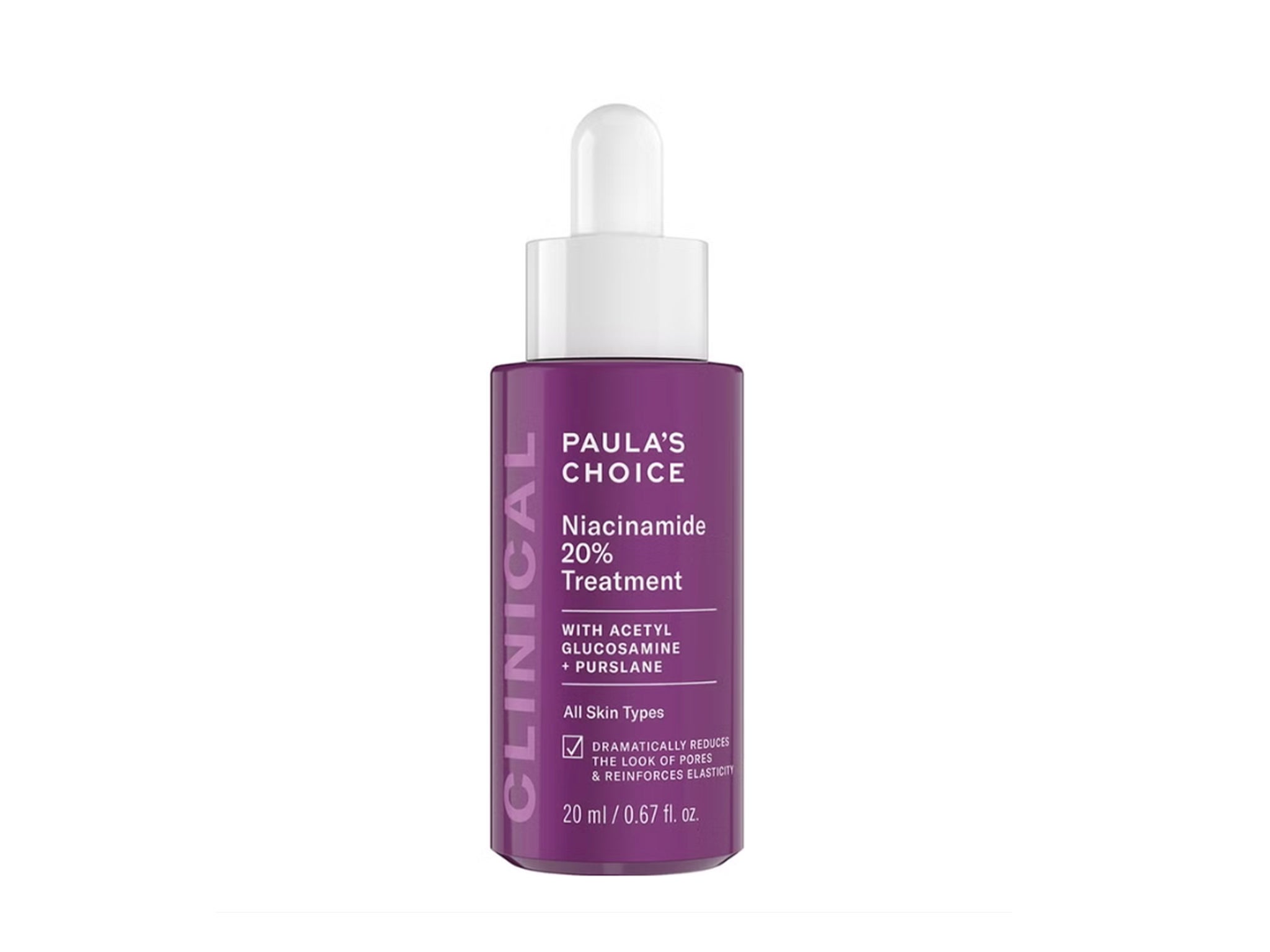
Dr Maybury recommends the Dermatica nourishing ceramide and peptide moisturiser (£15.95, Dermatica.co.uk), describing it as a “great multi-tasker that combines ceramides and niacinamide to lock in moisture and repair the skin barrier and helps to fade the appearance of dark spots”.
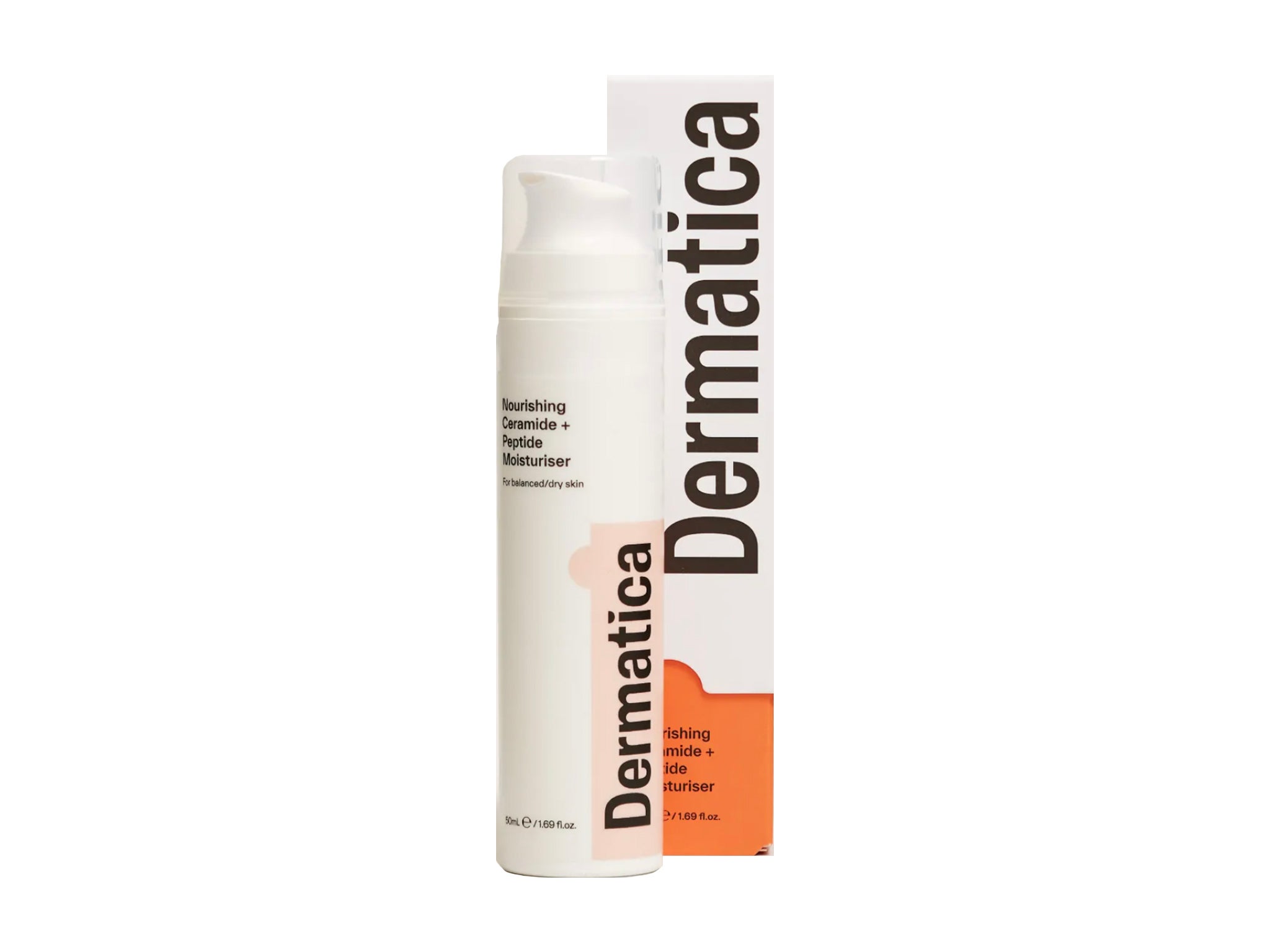
Our beauty writer loves the La Roche-Posay MelaB3 serum intense anti-dark spot serum (£48, Lookfantastic.com), particularly if pigmentation is your biggest concern. Containing 10% niacinamide, retinol and hyaluronic acid, it brightens skin, reduces dark spots and gently exfoliates, all while adding hydration.
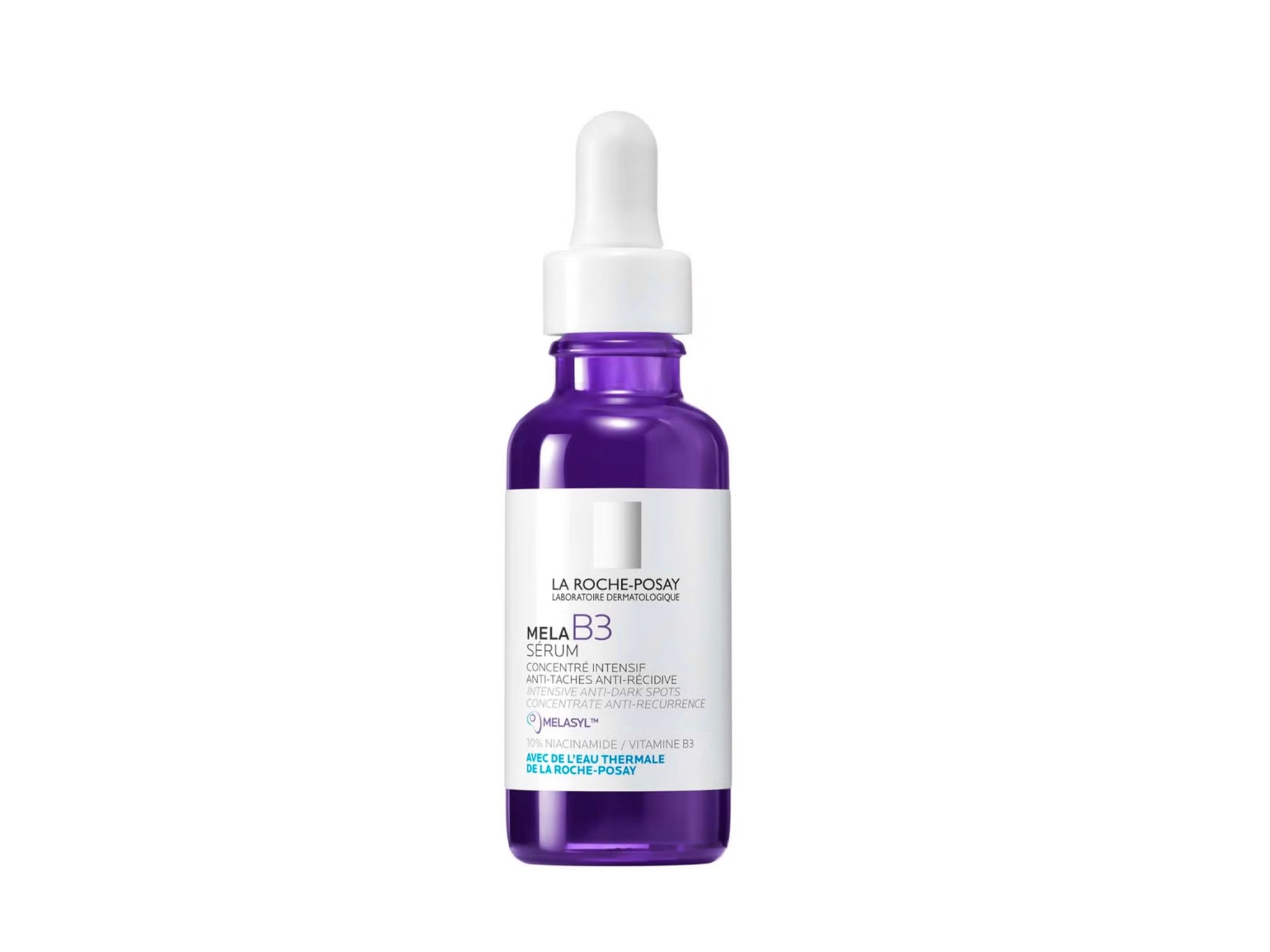
The lightweight gel texture is fast absorbing and doesn’t leave skin feeling sticky or tacky, and you’ll need just two drops.
If you’re looking for a niacinamide serum that’s budget-friendly, the Naturium niacinamide serum 12% plus zinc 2% (£18, Spacenk.com) is also our top pick if you have oily skin.
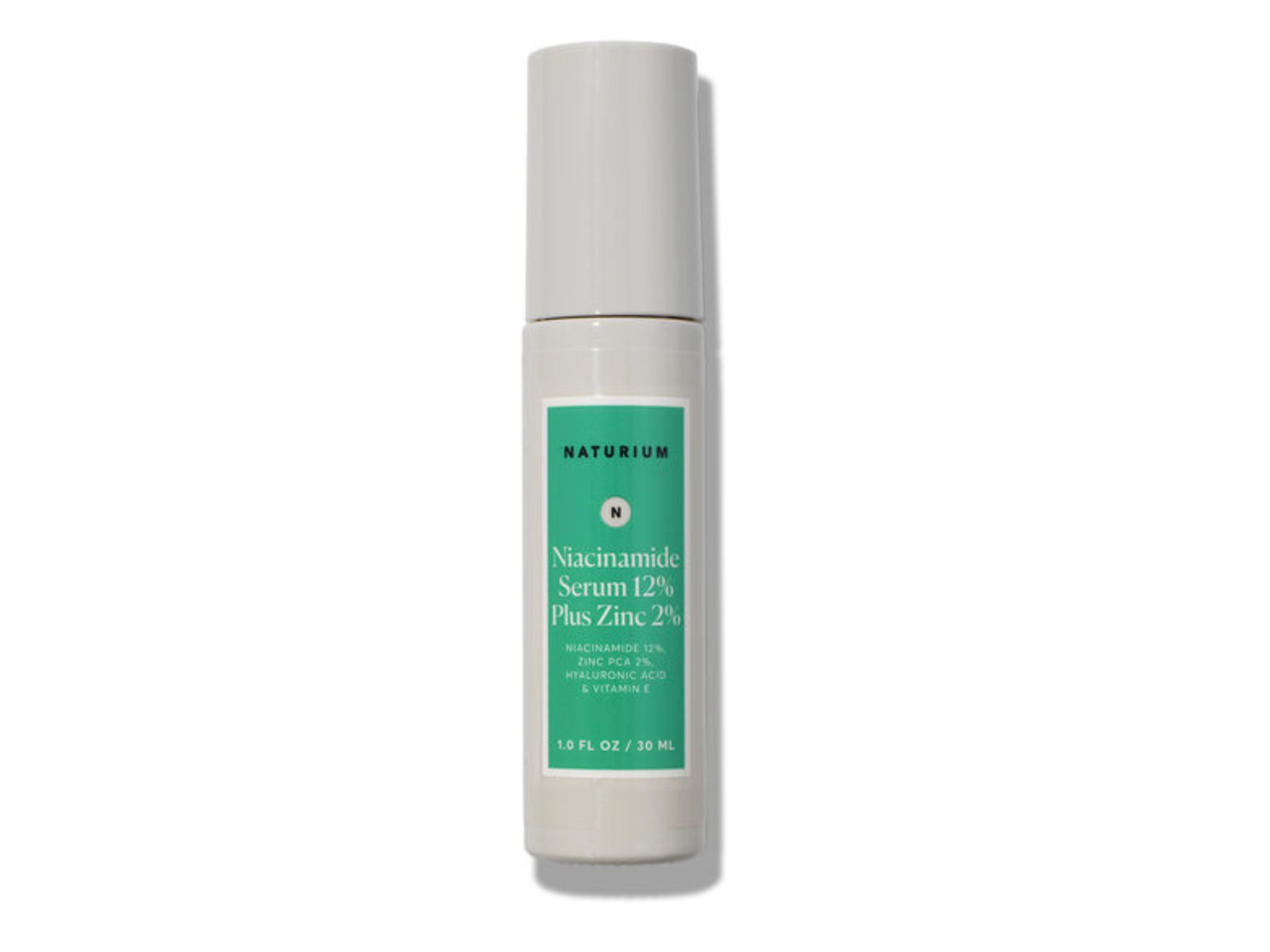
Designed to reduce the appearance of enlarged pores and balance excess oil production, with continuous use, it can be a long-term solution to minimising blackheads and reducing breakouts.
Voucher codes
For the latest offers on make-up and more, try the links below:
Looking for more skincare recommendations? Read our complete guide to skincare acids, from AHAs to BHAs